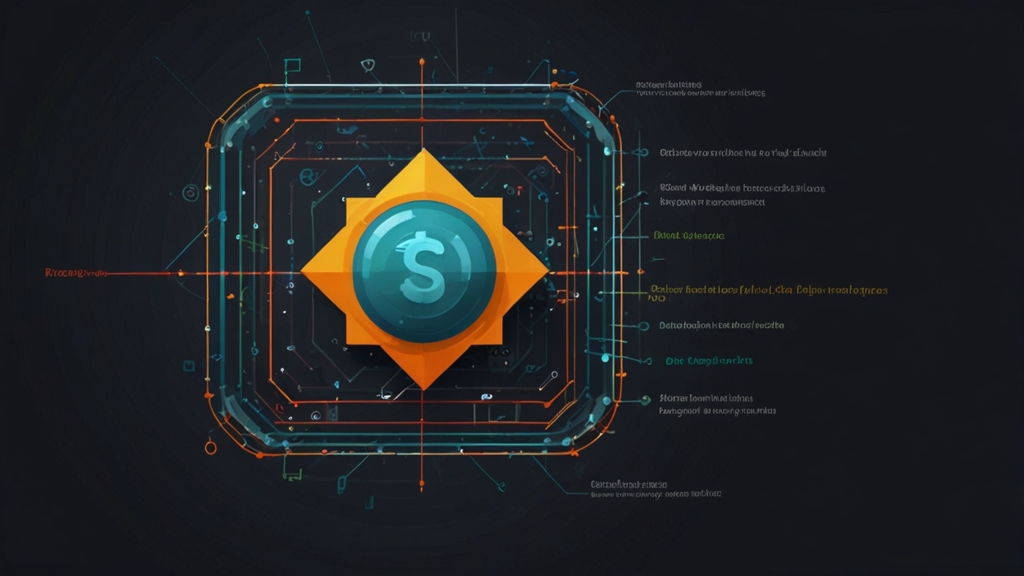The End of Anonymity: Can You Really Stay Incognito Online?
The allure of anonymity on the internet is waning as digital footprints become increasingly traceable. In an era where privacy is prized, the promises of being entirely incognito online are becoming less feasible. But why is this so, and what does it mean for internet users today?
The Myth of Incognito Mode
For many, the term "incognito" is synonymous with private browsing. While features like Chrome's Incognito Mode or Firefox's Private Browsing offer a sense of discretion, they are, in reality, far from completely private. These modes primarily prevent your browsing history from being stored on your local device. They do not, however, mask your browsing from ISPs (Internet Service Providers), websites, or government surveillance.
Tracking Technologies: Cookies, IPs, and Beyond
Modern websites employ a variety of tracking technologies to monitor user activity. Cookies, small data files stored on your device, are the most well-known. However, sophisticated tracking mechanisms extend beyond cookies. Fingerprinting, for instance, generates a unique identifier based on your browser and device's characteristics, making it possible to track you across different websites without traditional cookies.
"Even with measures like Incognito Mode, your online activities can be stitched together using advanced tracking technologies. Total anonymity is almost unattainable." - Digital Privacy Expert, John Doe
The Role of ISPs and Governments
Internet Service Providers play a significant role in limiting online anonymity. Since they control your access to the internet, ISPs can monitor and log your online activities. In many countries, ISPs are legally required to retain this data for a certain period, making it accessible to government agencies if needed.
Moreover, the increasing prevalence of surveillance laws and regulations further compromises online anonymity. Governments worldwide are intensifying efforts to monitor online behavior in the name of national security and public safety, raising concerns about privacy violations.
Social Media and Voluntary Data Sharing
Social media platforms have made it exceedingly easy for users to share personal information, often unknowingly. Even if your profiles are set to private, the data you post can be mined and aggregated by third parties. The interconnected nature of social media networks means that even sparse information can be enough to build a comprehensive profile of your identity and habits.
Can Privacy Tools Help?
There are several tools designed to enhance online privacy, such as VPNs (Virtual Private Networks) and Tor (The Onion Router). VPNs encrypt your internet traffic, making it more difficult for third parties to track your activities. However, the privacy they offer is not absolute, as VPN providers can still log your data.
Tor, on the other hand, offers a higher level of anonymity by routing your traffic through multiple volunteer-operated servers. While Tor can provide substantial privacy, its usage can be flagged by certain entities, potentially drawing unwanted attention.
"Tools like Tor and VPNs can enhance your privacy, but they are not foolproof. Being entirely anonymous online requires a level of diligence that most users are not prepared to maintain." - Cybersecurity Analyst, Jane Smith
Best Practices for Enhanced Online Privacy
While complete anonymity may be unattainable, you can take steps to enhance your online privacy:
- Use Strong, Unique Passwords: Utilize password managers to create and manage complex passwords for different sites.
- Enable Two-Factor Authentication (2FA): Adding an extra layer of security can help protect your accounts even if your password is compromised.
- Limit Data Sharing: Be mindful of the information you share online, particularly on social media platforms.
- Employ Privacy Tools: Use VPNs, secure browsers, and privacy-focused search engines to reduce your digital footprint.
- Regularly Update Software: Keeping your operating system and applications up to date can protect against vulnerabilities.
Conclusion
The dream of complete online anonymity is challenging to realize due to various tracking mechanisms, ISP monitoring, and governmental regulations. However, by adopting best practices and using available privacy tools, you can enhance your privacy and reduce the risk of unwanted tracking. While the end of true anonymity might be upon us, individual efforts can still make a considerable difference in safeguarding personal privacy online.










